Bernie Sanders’ victory party in a packed Concord gymnasium on Tuesday night had all the joy of a boozy college blowout, if someone had invited all the faculty and staff to come. A standing-room-only crowd of young and old alike danced to James Brown and the Talking Heads, chanting “We don’t need no super PAC, Bernie Sanders has our back!” One young man broke down into tears when Sanders took the stage.
Ten miles south, but in a much colder climate, Hillary Clinton gracefully conceded the night. Quoting her mother, she recalled a well-known message from her childhood, “It’s not whether you got knocked down,” she said, as the audience of longtime Clinton supporters, many of whom traveled from as far as London and California to support her New Hampshire effort, chimed in to complete the thought, “it’s whether you get back up.”
It is a strange twist of events that brought Sanders to an overwhelming, double-digit victory in New Hampshire and Clinton to a rout she never expected when she launched her campaign.
From the beginning of his insurgent campaign, Sanders’ arrow-straight message and sweeping proposals — universal free health care for all and free college — resonated especially with younger and poorer voters. Clinton says over and over that these feats are all but impossible in a Washington where Republicans are assured to control at least one chamber of Congress, but her pragmatism and wonkishness, while appealing to the older set, fall flat with young voters.

Clinton’s speech was determined in its theme of soldiering on. And her campaign staff said despite rumors, there would be no shake up. She had no immediate plans to change her message either, though her message is “always evolving,” Clinton spokeswoman Jennifer Palmieri told reporters at the rally.
But a message shake up might be exactly what she needs, said former Democratic New Hampshire Congressman Paul Hodes, a Clinton supporter, as he walked into the rally. “Sanders’ billionaire message resounded,” Hodes said. “She’s enormously intelligent and well versed in policy, but voters are happiest when they’re promised puppies and rainbows.”
There was no such hand-wringing or doubt for Sanders. For him, the victory in New Hampshire is affirmation that he has done everything right. “What began last week in Iowa, and what voters in New Hampshire confirmed here tonight, is nothing short of a political revolution,” Sanders told his cheering crowd. “It is a political revolution that will bring tens of millions of our people together.”
Looking forward, Sanders triumphantly projects victories that will beget more victories. A top aide told TIME that the campaign’s internal polling shows Sanders closing the gap with Clinton in Nevada. South Carolina is a long shot for the campaign with its large population of black voters who strongly support Clinton, but Sanders’ staff sees March states ripe for the picking.
What has emerged for Sanders is a coalition of voters that borrows from both the Clinton and Obama cohorts of 2008: young college students and older blue collar workers. Sanders won much of the base that supported Clinton in 2008, and New Hampshirites without degrees voted for Sanders by a margin of 67% to 31%, according to early exit polls. Younger voters broke heavily for Sanders. Clinton won among voters 65 and over by a margin of 55% to 44%, and among voters for whom the most important quality in a candidate was that they can win in November.
On the Trail in New Hampshire in 24 Pictures
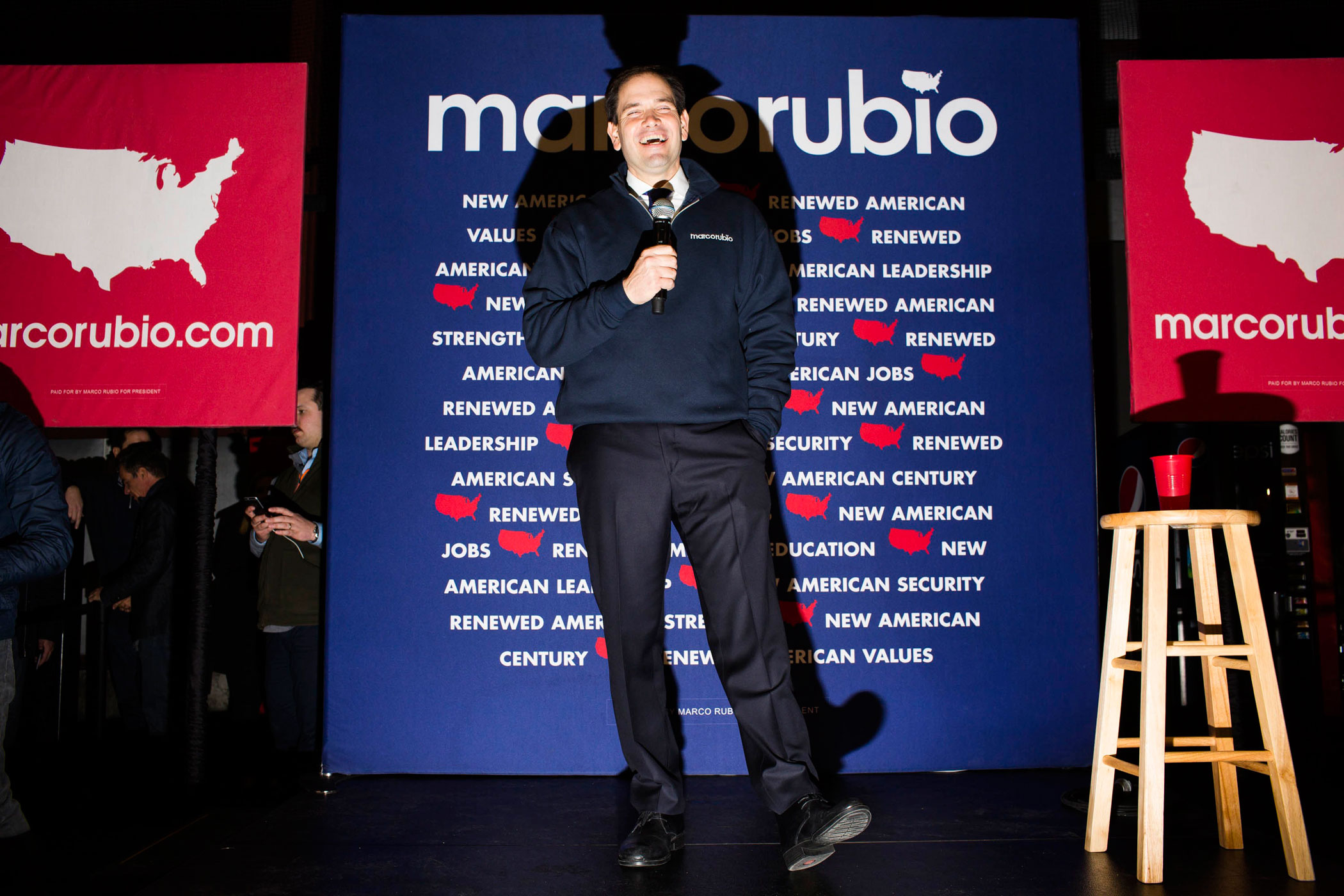
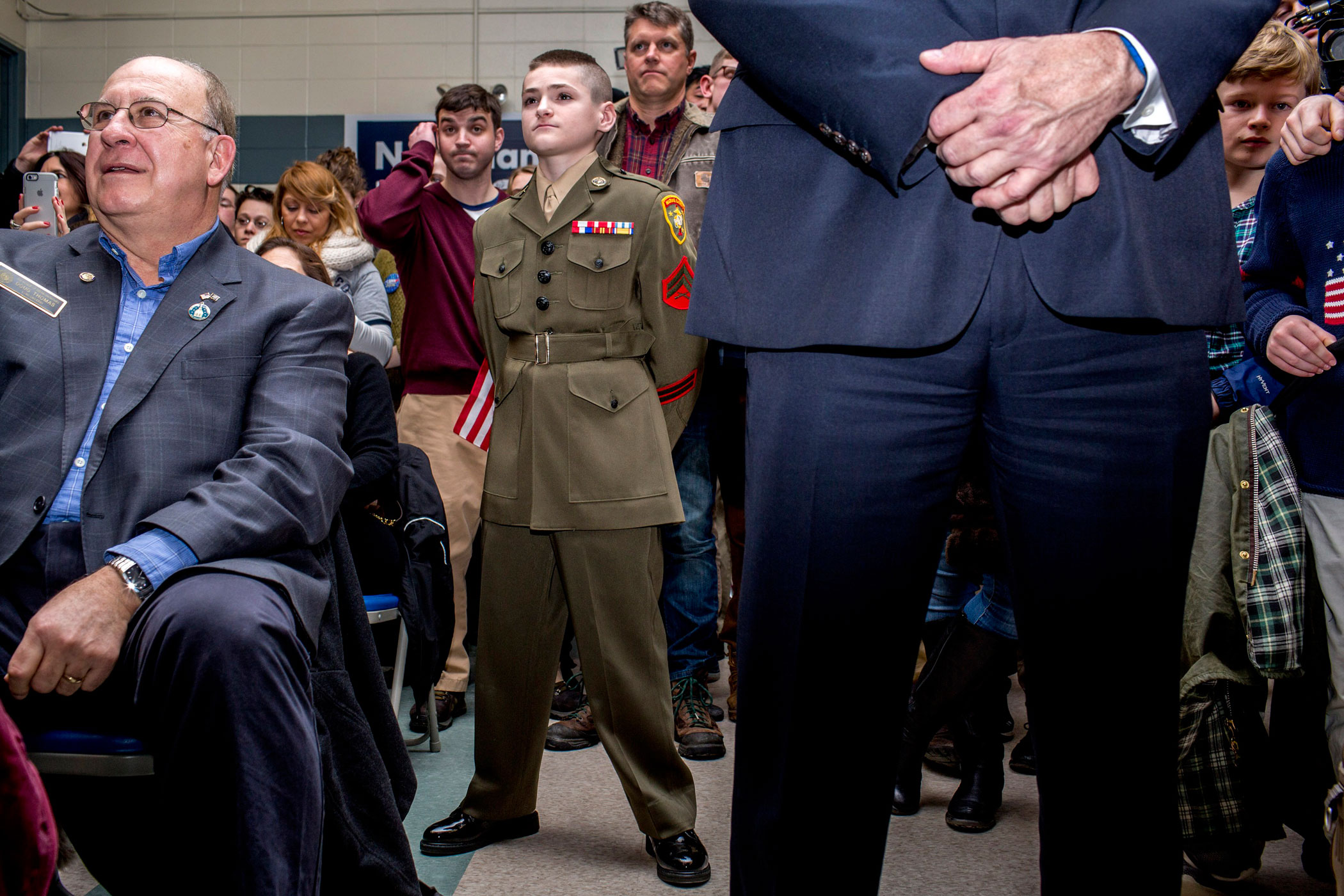
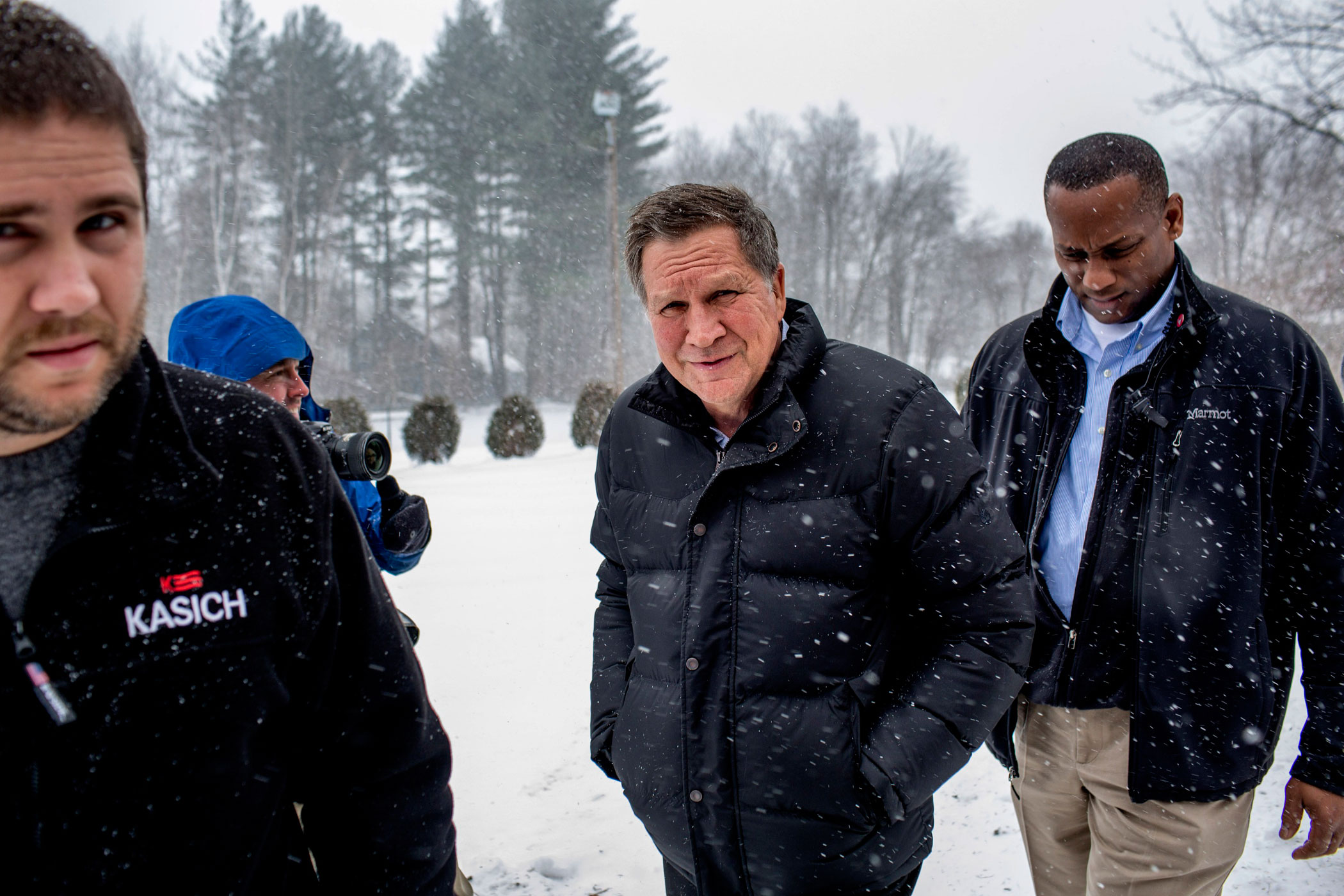
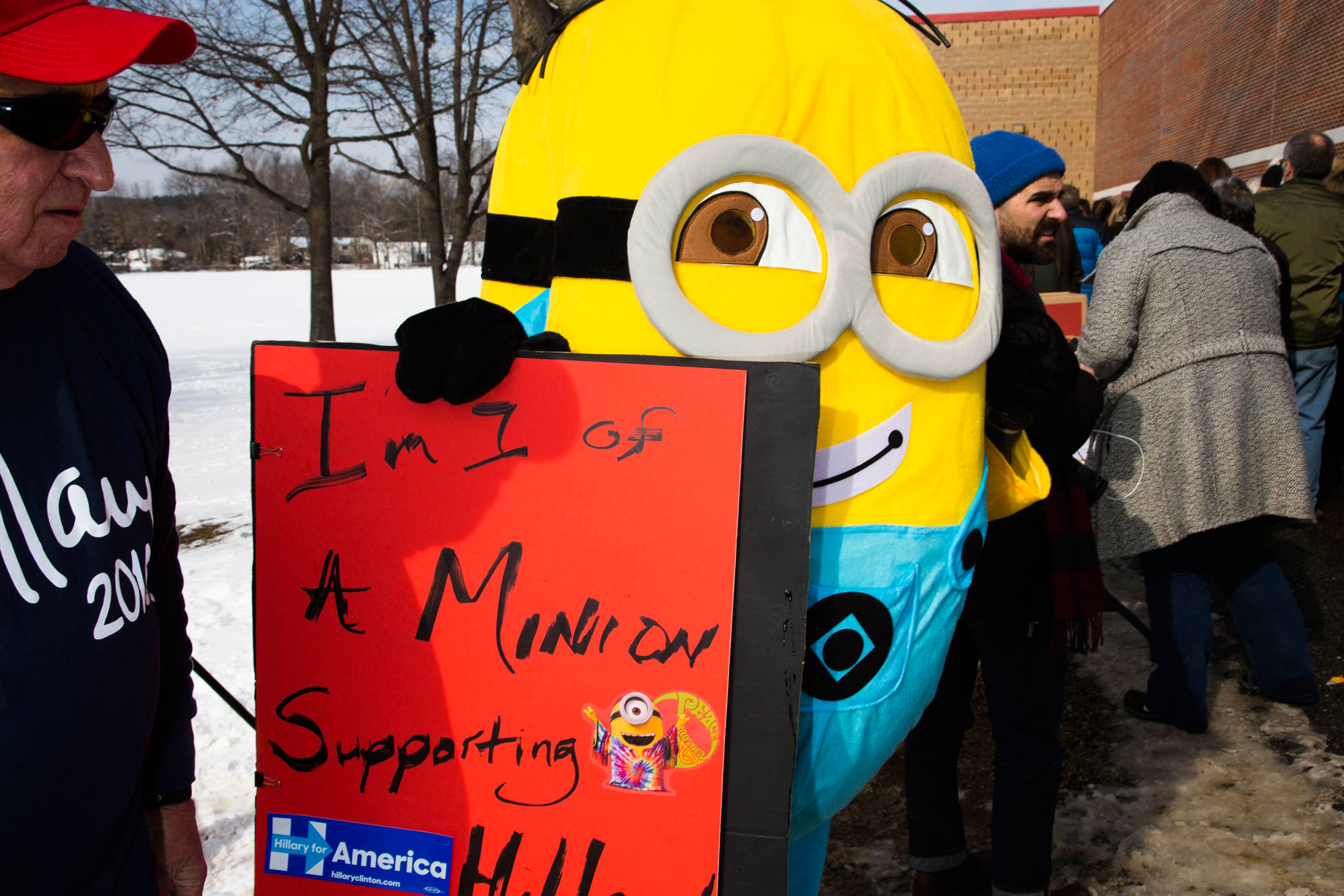

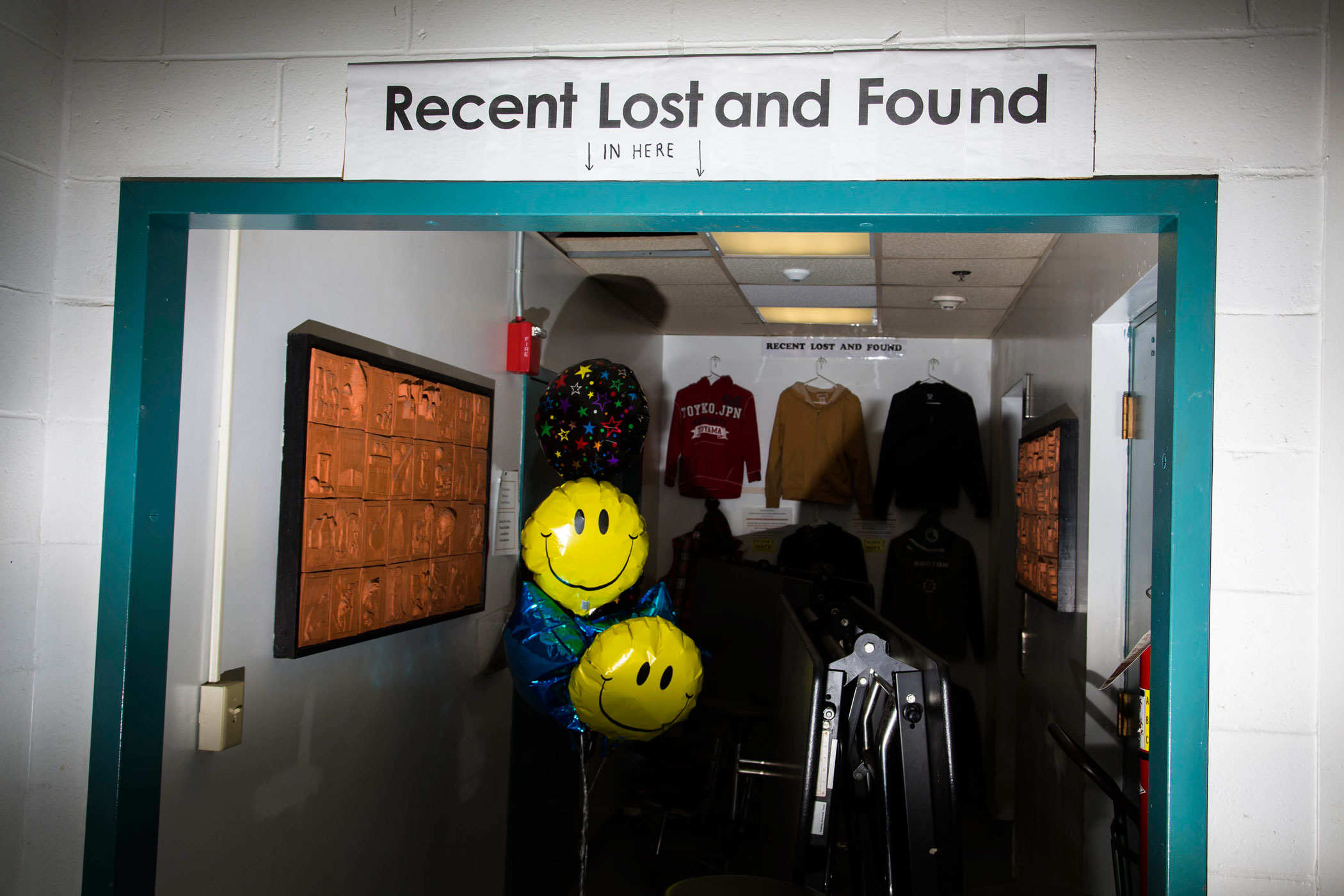
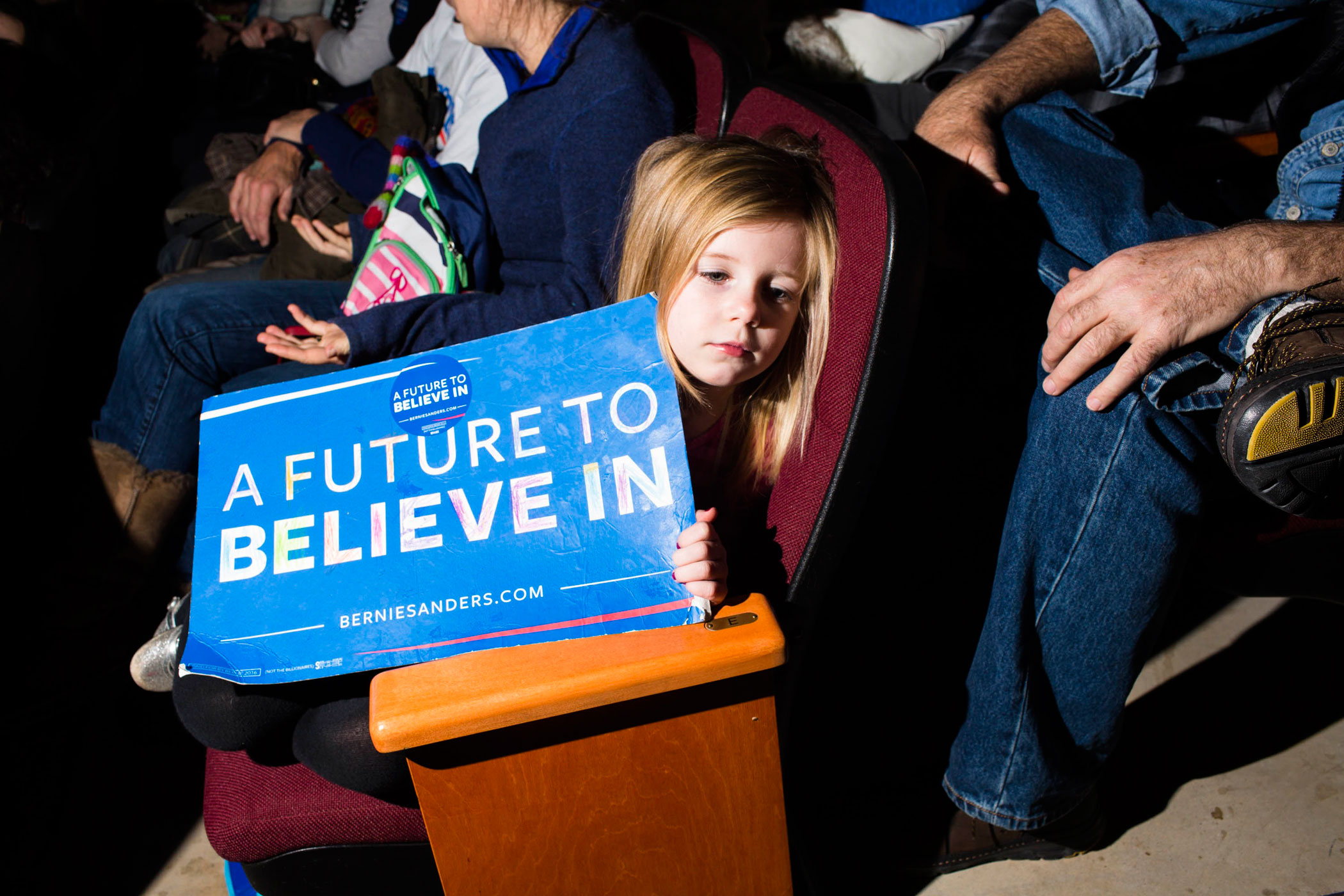





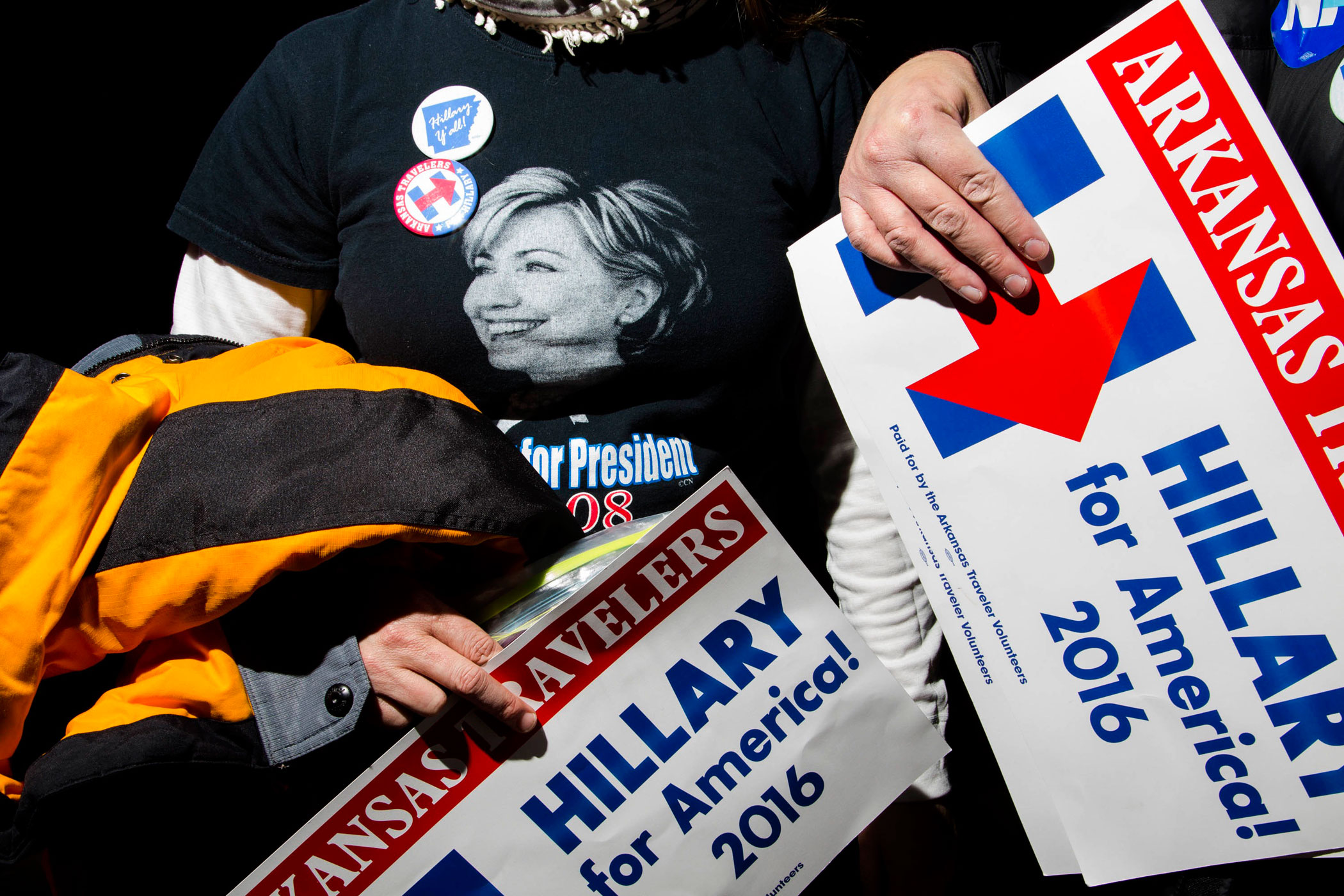

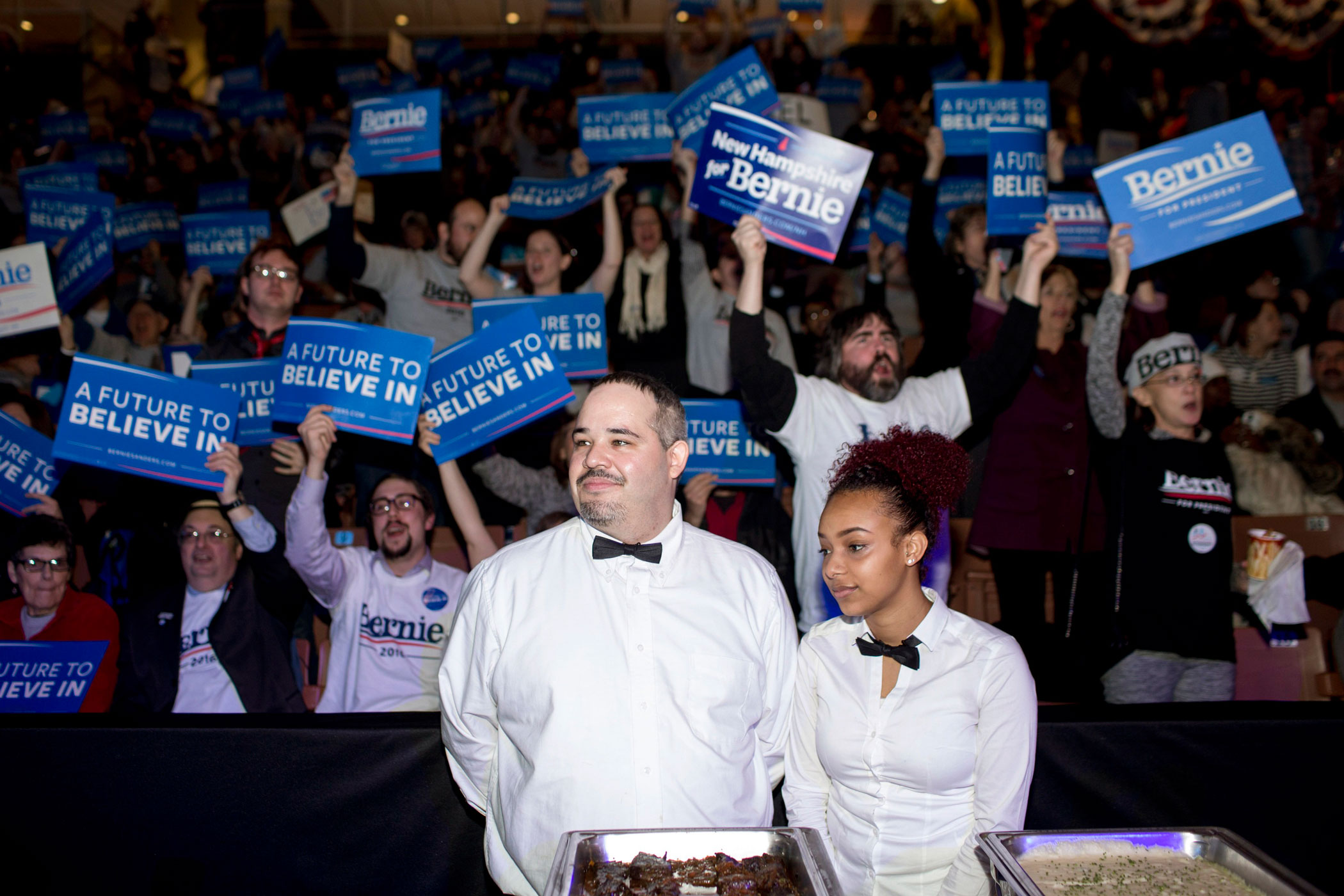


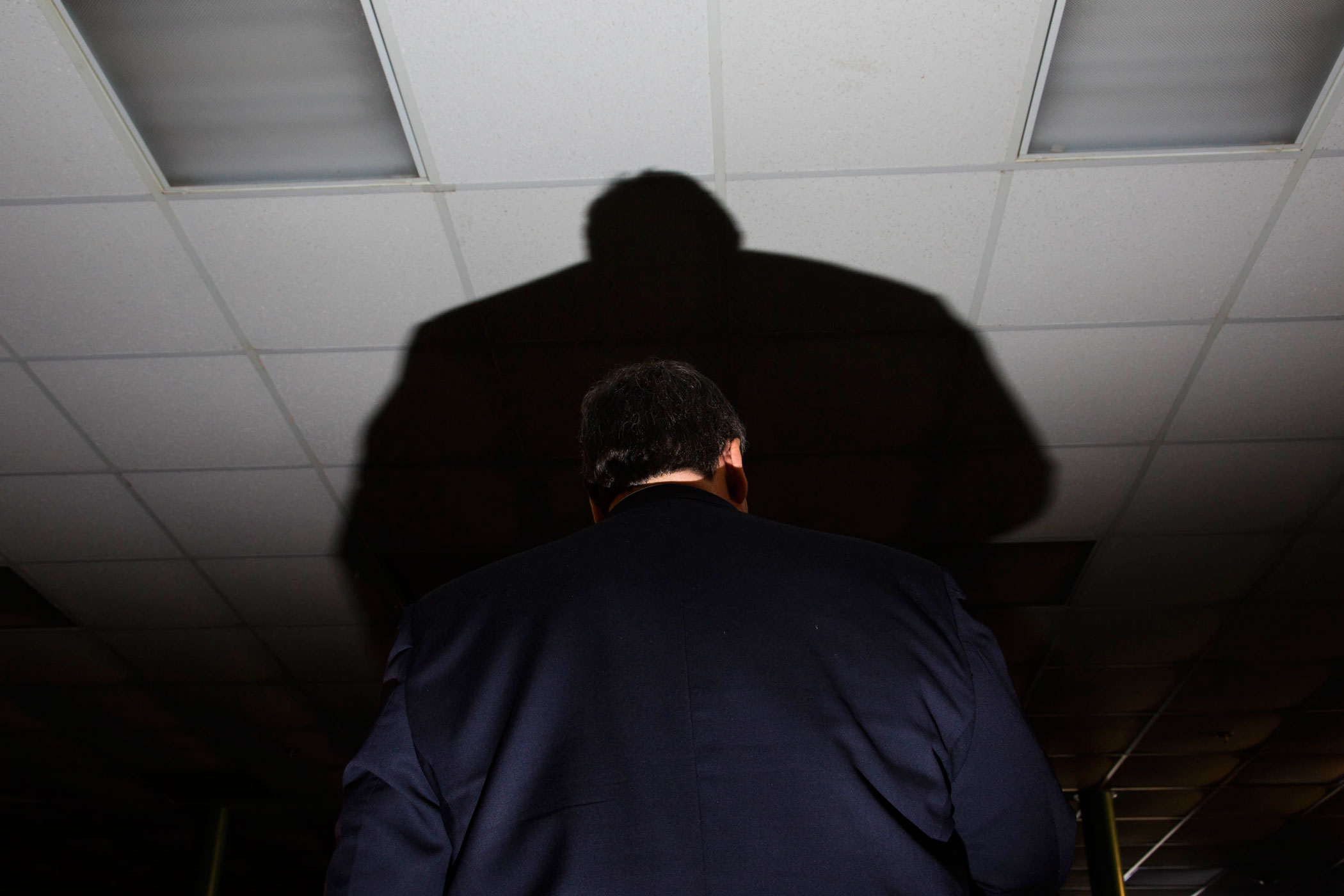
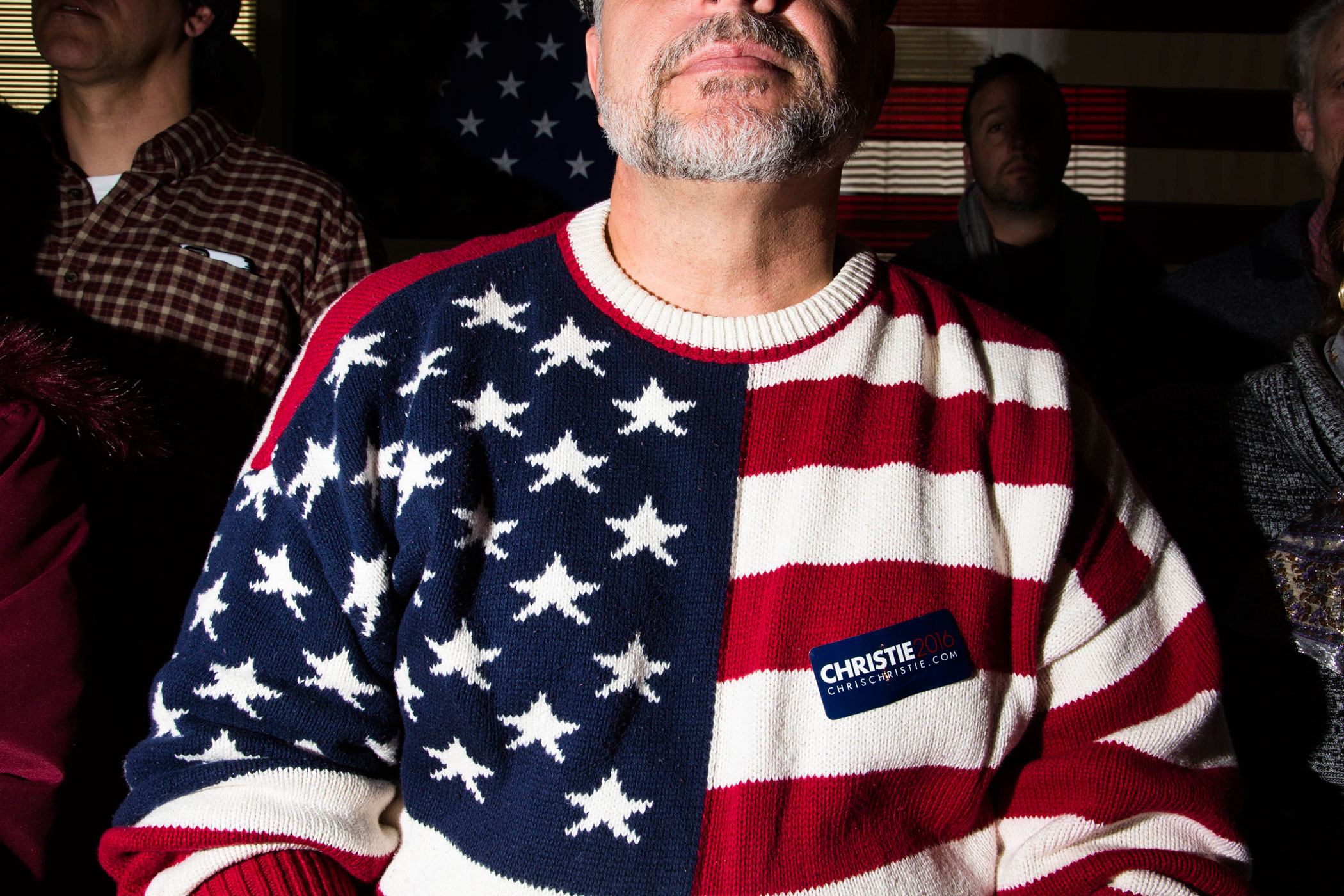
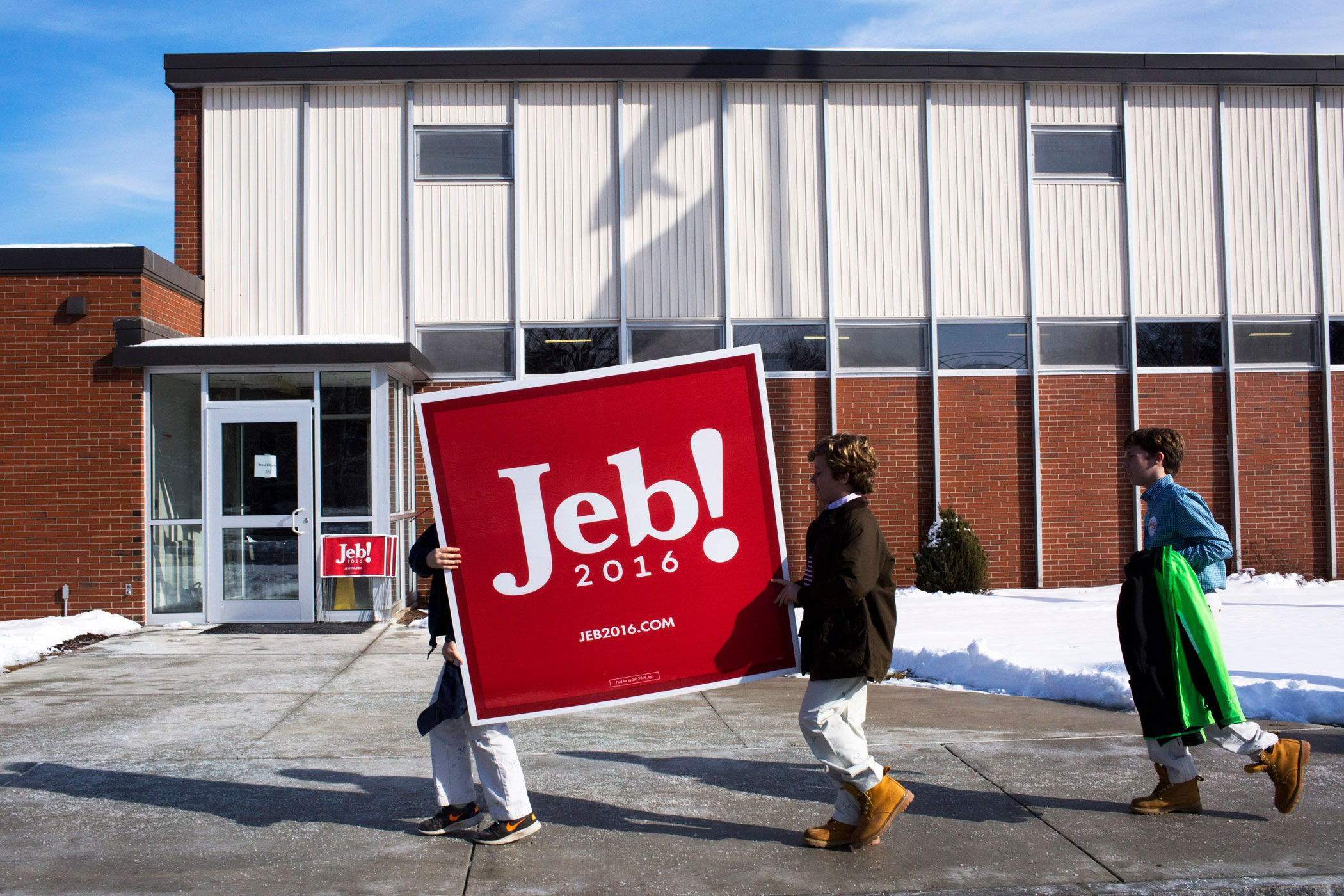
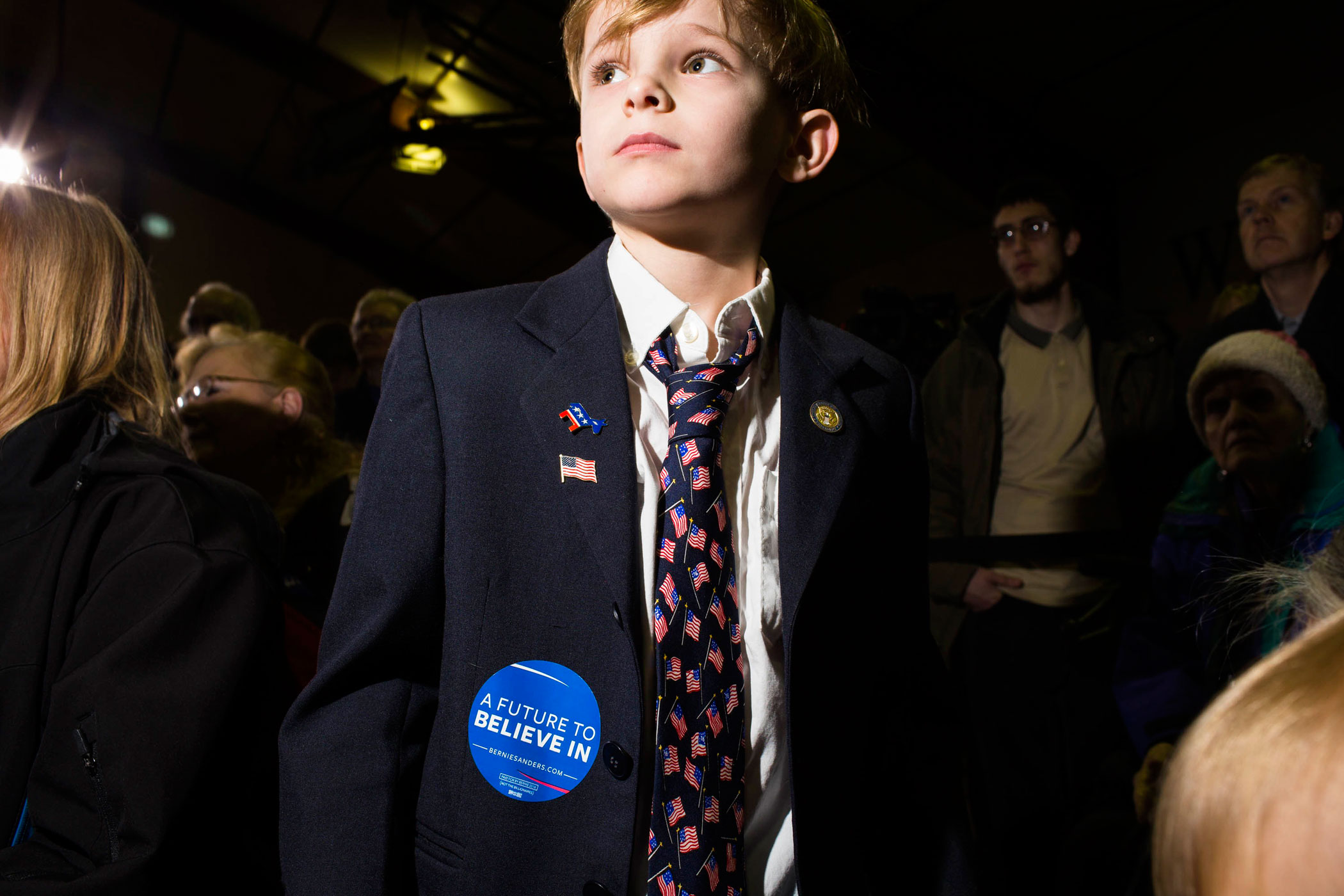
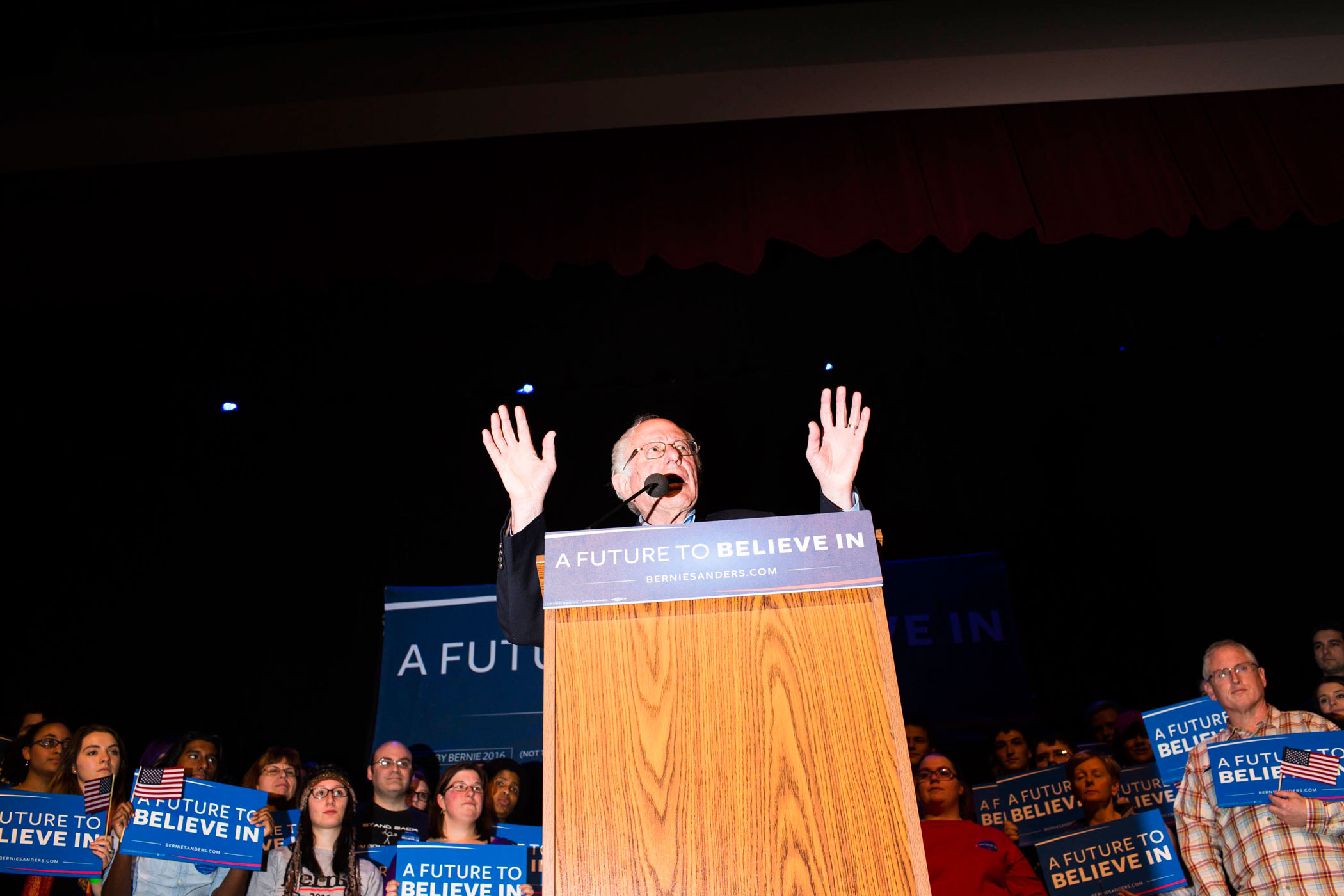


Sanders’ message of political revolution brought him a landslide in New Hampshire with about a 20-point edge on Clinton, 60-39, by the time 70% of the votes had been counted.
Like Sanders, the Clinton campaign staff said that she will not limit her campaigning to Nevada and South Carolina in the coming weeks, but planned to also visit Super Tuesday states ahead of those March 1 contests. The move shows her concern for some of the Super Tuesday states where Sanders might play well, such as Minnesota and Colorado, both of which are caucus states. Clinton is favored to do better in the next two contests, the Nevada caucuses on Feb. 20 and the South Carolina primary on Feb. 27.
A full 28 states will vote or caucus for the Democratic nominee and more than half of all delegates will be awarded in the March states. The Clinton campaign is more confident about its success in those states, which are more diverse and more reflective of the Democratic Party. “Whereas the electorates in Iowa and New Hampshire are largely rural/suburban and predominantly white, the March states better reflect the true diversity of the Democratic Party and the nation,” wrote Robby Mook, campaign manager for Clinton, in an internal campaign memo.
For both campaigns, it is a game of bluffing and blustering. “People need to start to understand something. We are a better campaign; we are a better-organized campaign; we have better people on the ground,” said top Sanders adviser Tad Devine, laying down the gauntlet for the Clinton campaign. “We are deploying hundreds of people who work on this campaign. We are happy to compete with them on the ground and on the air across this country.”
Clinton and Sanders have fought an increasingly acrimonious race in past weeks, with sharp disagreements on policy bubbling up on the campaign trail and in debates as the race has tightened. Each has suggested the other is dishonest.
In recent days, Sanders has called on Clinton to propose expanding Social Security, derided her slowness in coming out against the 12-nation Trans-Pacific Partnership trade deal and blasted her for taking hundreds of thousands of dollars in speaking fees from Wall Street institutions. Clinton, for her part, has suggested Sanders’ attacks on her Wall Street fees have been hypocritical, pointing to his own fundraising from banks, and questioned his progressivism on gun control. (He voted against the landmark Brady Bill five times.)
Read More: Clinton and Her Allies Are Starting to Question Sanders’ Integrity
Sanders smells a more aggressive race. “They’re throwing everything at me except the kitchen sink, and I have a feeling that kitchen sink is coming pretty soon too,” he told the packed and euphoric room at his victory speech.
The next big battleground with a high number of delegates at stake is South Carolina, and that is where both candidates see high stakes. Clinton’s allies a major victory in the Palmetto State. “Secretary Clinton spent extended time in South Carolina when she campaigned for the 2008 presidential race at which time she was successful in establishing a strong infrastructure with South Carolina voters — especially in the faith-based community,” said South Carolina state Senator Gerald Malloy, who co-chaired the Draft Biden movement in the Palmetto State and has yet to endorse a Democratic candidate. “I expect a clean sweep with Secretary Clinton winning overwhelmingly.”
Sanders’ faithful army of volunteers is not so sure. They are getting ready for a hard-fought election in South Carolina, where Sanders’ staff is larger than Clinton’s. Sara Stuart, a Concord resident and veteran campaign volunteer, said she was getting ready to help Sanders there. “As soon as this is done, I’ll start by phone banking from South Carolina,” said Stuart, who wore a blue Bernie button tied in her gray ponytail. “Those are some pretty big fish to fry coming up, but I want to know I had a part in this.”
One thing is for sure after tonight: both Sanders and Clinton are settling in for a longer campaign than either ever expected.
More Must-Reads from TIME
- Caitlin Clark Is TIME's 2024 Athlete of the Year
- Where Trump 2.0 Will Differ From 1.0
- Is Intermittent Fasting Good or Bad for You?
- The 100 Must-Read Books of 2024
- Column: If Optimism Feels Ridiculous Now, Try Hope
- The Future of Climate Action Is Trade Policy
- FX’s Say Nothing Is the Must-Watch Political Thriller of 2024
- Merle Bombardieri Is Helping People Make the Baby Decision
Contact us at letters@time.com